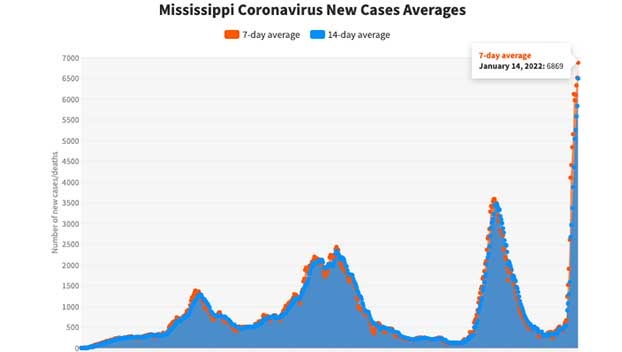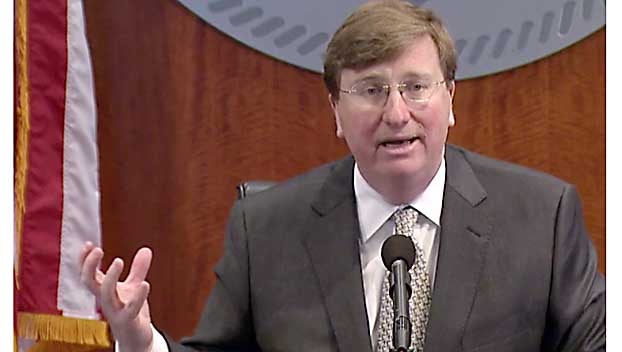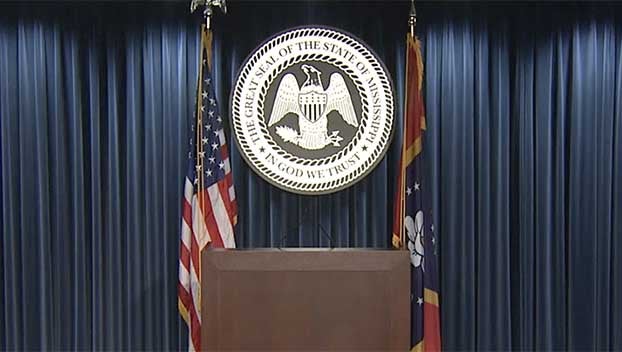Haters aren’t born—they’re built. Just like ‘snowflakes’
Published 11:02 am Wednesday, February 14, 2018
Don’t blame the college kids. The snowflakes among them weren’t born to feel privileged, entitled or in need of shelter from diverse ideas and opinions. Those characteristics, just like racism and sexism, are learned behaviors.
So, is it the fault of parents?
Not completely.
Much blame, it seems, rests on colleges where students are taught what to think instead of how to think.
Universities trace their roots way, way back to the days of Plato and Sophocles. These people were thinkers, the progenitors of terms such as platitudes and sophistry.
In their day, civilizations had advanced so time could be devoted to something other than finding food and fighting off neighbors. There was time to ponder, to wonder.
There were ideas, some good and some bad, and methods evolved to test ideas through logic and reason.
Centuries later, more people became known for writing about and exploring the human condition. Shakespeare, Milton and Locke tried to pry out universal truths and explain them in a rational context.
Originally — up until not too long ago, really — this is what universities did. They were places for people to mature in their thinking, to study and build on what their predecessors had discovered in the fields of philosophy, science and the arts.
Even today, Rhodes Scholars follow the ancient ritual. They don’t go to classes, take notes or memorize facts to regurgitate on tests. They read books and, with their elders, discuss the ideas expressed in the books. They train their brains to approach topics from multiple directions and to devise solutions with clarity and precision.
In our time, a large-scale abandonment of this model of higher education has come to pass. It wasn’t by design. To some degree, it was just that times changed.
For example, there were farmers in Plato’s day — but farming knowledge was not complicated and could be passed generation to generation. There were architects and physicians, too. What little there was to know was forwarded through apprenticeships.
Today, there is vastly more to know about the science and business of farming. So, 50 years after opening its first university, Mississippi opened its first College of Agriculture. The one at Mississippi State now offers dozens of finely tuned, highly specialized degrees.
Other fields of specialization emerged — medicine, engineering and such — and more and more, in a natural process, universities have become places where people go to learn specific skills. Fields that had been trades became professions. The notion of universities as places where people learned how to think — to rationally approach challenges, to design research and seek solutions by considering and testing options — changed into destinations for how to do.
Universities aren’t supposed to be like the military, but that’s what many have become. Soldiers are necessarily indoctrinated to follow set processes, to “color inside the lines.” Combat platoons and nuclear submarines don’t benefit from discussion groups and freelancing, as a rule.
Yet on many campuses today, arriving students are similarly indoctrinated — schooled in the correct beliefs on political and social topics. Drill sergeants brook no dissent, and some professors take the same approach.
To do this is to deny young people the opportunity to reason to their own conclusions. Intolerance is preached by those who demand (intolerantly) that there’s only one correct viewpoint on any issue, and, further, those who don’t march in lockstep deserve to be silenced.
It’s not clear where this will end.
Former President Obama pushed back against campus speech codes many, many times. He explained how in his experience he had learned the most from listening to people who infuriated him and with whom he had little, if anything, in common.
The University of Chicago is also pushing back. A letter from the president of what’s widely considered a liberal university was sent to all members of the class of 2020. It affirmed the ancient maxim that society progresses through free expression. “We do not cancel invited speakers because their topics might prove controversial,” the letter said, “and we do not condone the creation of intellectual ‘safe spaces’ where individuals can retreat from ideas and perspectives at odds with their own.”
It will take that type of clarity across the nation to put the brakes on the intelligentsia of today who have defined their values as correct and everyone else’s as incorrect, who screech about their rights at the exclusion of all others.
Wise students will seek truth and learn how to reason. They will resist all who tell them what to think.
Haters are made, not born. So are snowflakes.
Charlie Mitchell is a Mississippi journalist. Write to him at cmitchell43@yahoo.com.





